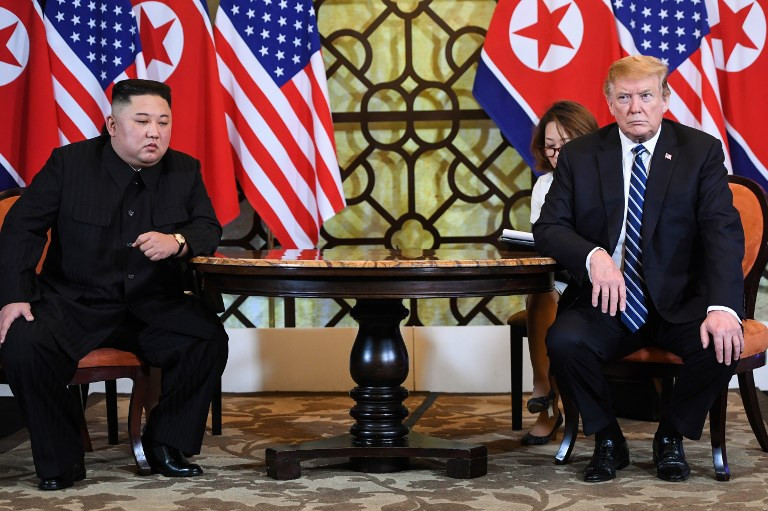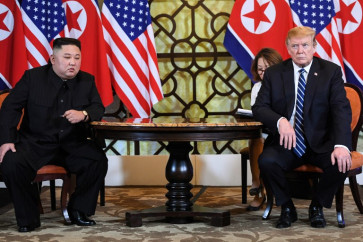Popular Reads
Top Results
Can't find what you're looking for?
View all search resultsPopular Reads
Top Results
Can't find what you're looking for?
View all search resultsSouth Korea, Indonesia can cooperate in hosting North Korea-US summit
In a rapidly multipolar international order, where the Global South is rising, South Korea has been bucking the trend by deepening its value alliance with the US and Japan.
Change text size
Gift Premium Articles
to Anyone
F
ollowing the impeachment of then president Yoon Suk-yeol over constitutional violations last December, South Korea is set to hold a presidential election in early June. The election process will be simplified, with the elected president assuming office immediately without a transition period.
Consequently, leading presidential candidates must prepare for both the election campaign and government management at the same time. In particular, the foreign and security sectors will be the busiest areas, given the rapidly changing international landscape.
Conflicts have erupted in various parts of the world, and right-wing movements are gaining traction in the West. The summit between United States President Donald Trump and Ukrainian President Volodymir Zelensky on March 1 was a symbolic moment of this shift. Trump has repeatedly promised to end the Russia-Ukraine war immediately, and he is now in the process of fulfilling that commitment.
One country Trump mentioned most frequently alongside Ukraine during his campaign was North Korea. He said of North Korea’s leader Kim Jong-un, “I would get him back on the phone. I would get him back in the room. We would make a deal.”
Yoon was impeached for declaring martial law but was also heavily criticized in the field of foreign affairs. In a rapidly multipolar international order, where the Global South is rising, South Korea has been going against this trend by deepening its value alliance with the US and Japan. As a result, tension is rising in the Korean Peninsula, with North Korea supporting Russia’s war, further escalating Cold War-like conflicts.
This shift in foreign policy was evident in South Korea’s New Southern Policy in 2017, which aimed to strengthen economic, political and sociocultural cooperation with ASEAN. This move was seen as South Korea’s attempt to pursue a more comprehensive and balanced foreign policy.
However, since the regime change in 2022, South Korea's foreign policy has returned to a value-based approach, causing relations with ASEAN to become gradually more distant.



















